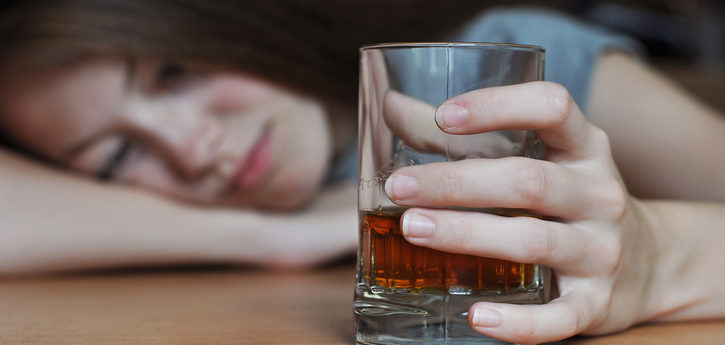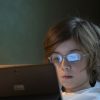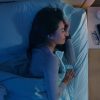Teens are among the most impressionable and require a solid eight to 10 hours of sleep per night for optimal health. However, recent studies highlight alarming trends where more than 70-percent of high students do not get the necessary sleep they require to operate at peak performance.
Researchers at Brigham and Women’s Hospital analyzed the sleeping data of risk-taking behaviors and how they correlate to sleep duration. The data, compiled over an eight-year period, found a link between risk-taking actions and sleep duration.
The lead research fellow, Matthew Weaver, Ph.D., of the Division of Sleep and Circadian Disorders at Brigham and Women’s Hospital said, “We found the odds of unsafe behavior by high school students increased significantly with fewer hours of sleep. … Personal risk-taking behaviors are common precursors to accidents and suicides, which are the leading causes of death among teens and have important implications for the health and safety of high school students nationally.”
The studies also highlight that students who slept less than six hours when compared to those who slept more than eight hours nightly, were more than twice as likely to report using alcohol, marijuana, drugs or tobacco, including driving under the influence. These students were also twice as likely to get into a fight or carry a weapon at school. The strongest correlations between poor sleep and impaired judgment relate to mood and self-harm. For example, teens that slept less than six hours were up to three times more likely to consider suicide, and four times more likely to attempt it.
Many high school students stay up late playing on electronic blue-light emitting devices, such as Smartphones, tablets, computers, watching TV and playing video games. Since overexposure to blue light negatively affects the body’s natural circadian rhythm, it’s essential that children, teens and adults, stop using electronic devices up to two hours before bedtime. When electronic devices must be used, it’s best to use blue-light blocking glasses, such as BluTech Lenses.
Find BluTech Near You





